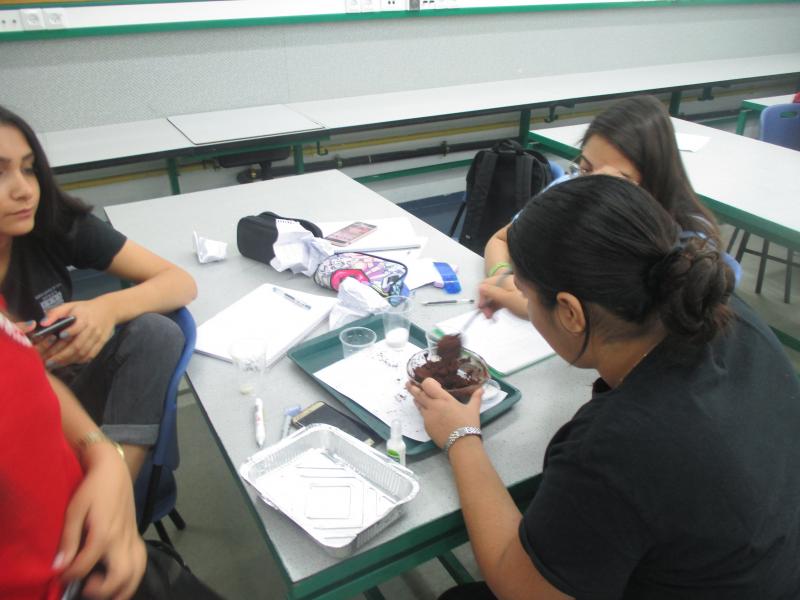Hosted by OSOS , contributed by yairbh_nc on 15 July 2019
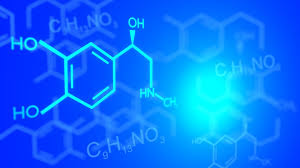
In this project we study chemistry in the urbanic space (however, it could be adjusted to many other subjects).
The aim is to develop a unique Hub to support inquiry based learning of 6th and 9th grade students. The core of the project is the support mechanism for the students and teachers which includes opening the school to a wide range of experts and mentors from the academic and the informal education community.
The inquiry process begins with a series of engaging meetings aimed to rise curiosity and introduce to the students the inquiry based learning process. School labs and other facilities, including relevant school staff, are open for students after school hours. The process comes to its peak with the regional science fair.
Responsible Research and Innovation (RRI) principles in this project:
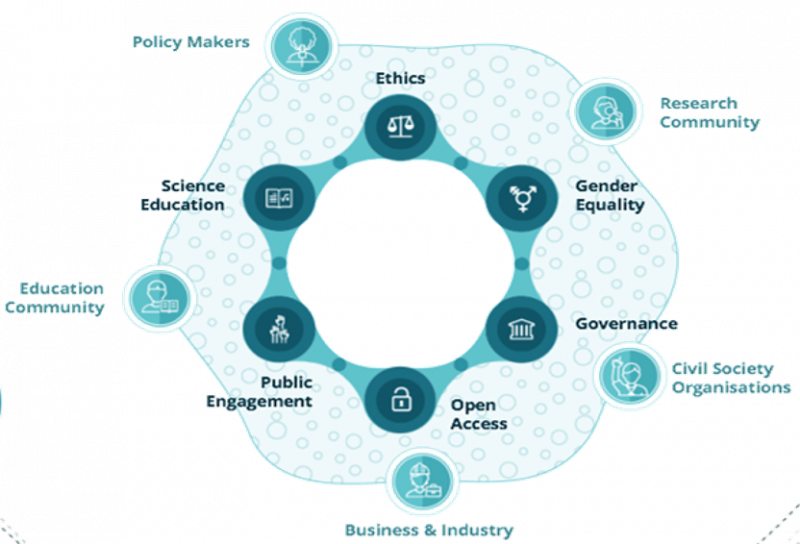
- Community: The ultimate goal of the project is to create a community discourse that leads to innovation in scientific research.
- Governance: The program is derived from the policy of government ministries. One of the goals is to increase the number of students' research papers.
- Science education: fostering scientific-technological research and learning in an innovative environment.
- Public engagement: The students' products and learning processes will be shared by young scientists in a variety of settings. For example, a regional exploration fair, record days, Earth Day.
- Gender Equality: Emphasis on bringing female lecturers into the classroom.
- Ethics: bringing interdisciplinary value dilemmas. In addition, there is a demand to address the ethical aspects of research work in order to develop critical-value-based thinking.
Opportunities for collaboration with community stakeholders:
- Creating cooperation between schools in the city:
- A dialogue between teachers from different schools
- Students teach students: Grade 9 students will educate sixth grade students at the municipal level.
- Joint research teams for different schools, according to areas of interest.
- Local authority - Education Division
- Ministry of Education - Supervision Science and Technology
- Content experts from the community according to topics
- Academia - Institutions of Higher Education - University and Technion
- Industry
Feel
This Accelerator proposes the use of Inquiry-based learning to learn around the world of Science and research, so the first step in this FEEL phase is to ask students to start organizing the work. What topics can we raise? What problems can we extract and then work more thoroughly on them? The main subject of this projec is chemistry, but it can be adjusted to many other subjects.

The principal idea is to expose the students to relevant topics, and to insipre them through a series of encounters with relevant stakeholders from outside of the school, games, video clips etc.
In this phase we will hold an urban "phenomena fair" in school that will focus on different areas of the world of chemistry:
- nutrition
- cosmetics
- medicine
- manufacturing
- physical chemistry
- design
During the event the students will be asked to brainstrom, to select their topic for inquiry and to meet with relevant experts.
After choosing their topic, the students will be asked to plan and prepare an experiment, to be executed in the following stages.
This event will be held in cooperation with the Bloomfield Science Museum Jerusalem.
Imagine
Operation of the projects by the students (with assistance of the stakeholders):
- Participating in inspiration activities that relates to the field of inquiry
- Gathering information and defining the problem
- Writing the inquiry question
- Bringing up hypothesis
- Planning experiment
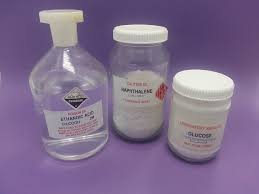
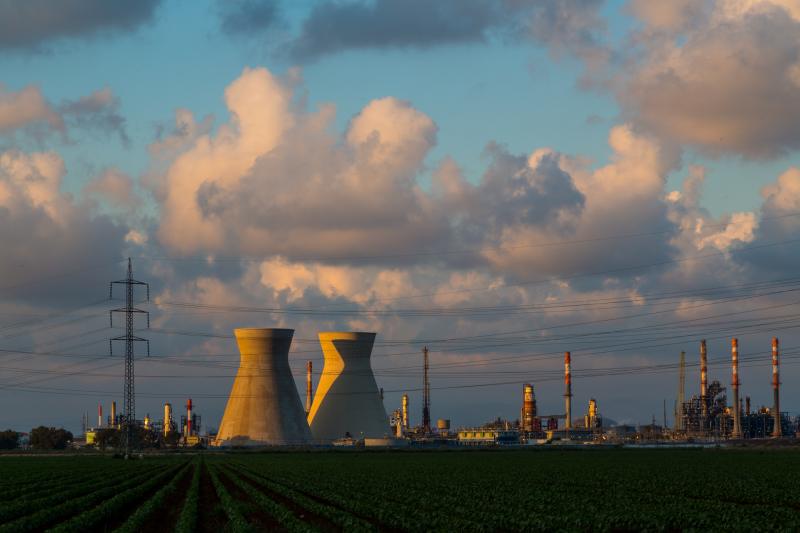
Create
Operation of the projects by the students (with assistance of the stakeholders):
- Processing the data
- Drawing conclusions
Writing the final work with the assistance of the teachers and experts.
